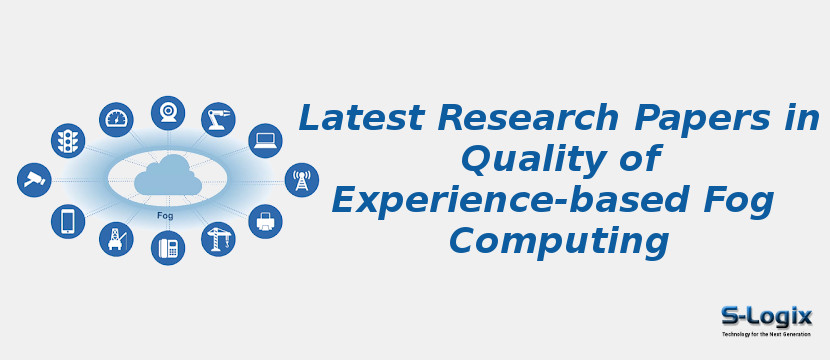Quality of Experience (QoE)-based fog computing is an emerging research area that focuses on optimizing fog infrastructures to enhance the end-user’s perceived service quality rather than relying solely on network-centric metrics like throughput, delay, or jitter. Research papers in this domain investigate frameworks and algorithms that incorporate user satisfaction, application-specific requirements, and contextual factors such as mobility, location, and device capability into fog computing design. Studies highlight QoE-aware task scheduling, resource allocation, and service placement models that adapt dynamically to ensure seamless performance for latency-sensitive and bandwidth-intensive applications. Recent works explore machine learning, reinforcement learning, and predictive analytics to estimate and optimize QoE in real time, considering fluctuating workloads and heterogeneous fog resources. Multi-objective optimization balancing QoE with energy efficiency, cost, and reliability is also a key focus. Security- and privacy-aware QoE frameworks are being developed to maintain user trust in sensitive applications such as healthcare and intelligent transportation. Applications include multimedia streaming, online gaming, augmented/virtual reality, and smart city services, where user-perceived quality is critical. Overall, research in QoE-based fog computing shifts the focus from purely system-centric metrics to user-centric optimization, ensuring better adoption and satisfaction in next-generation distributed computing systems.
